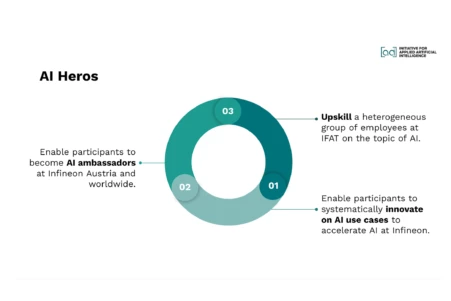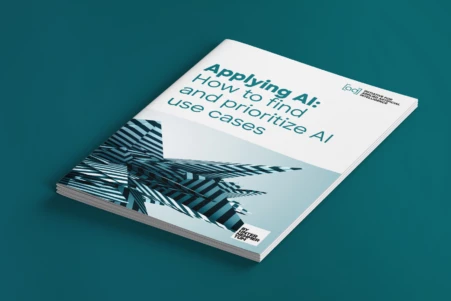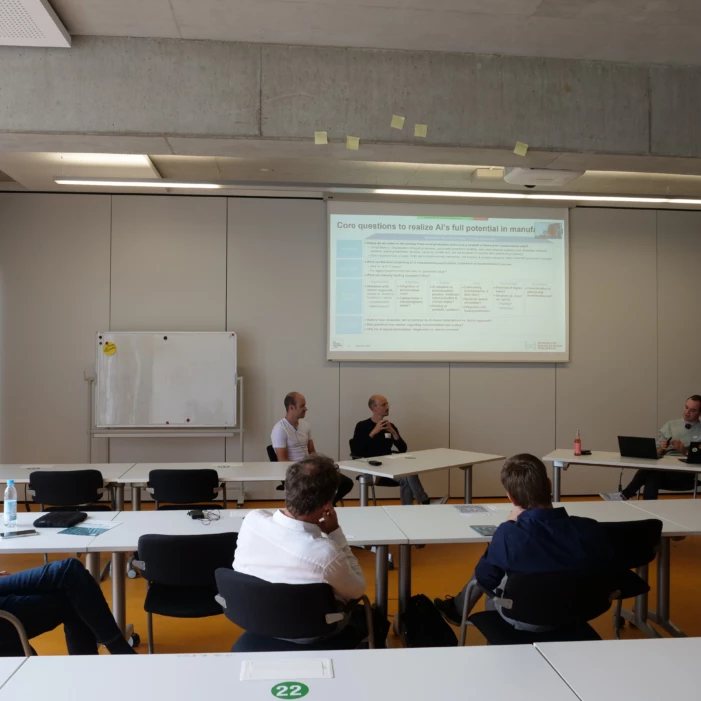If a company wants to take advantage of the benefits of Artificial Intelligence (AI), it is crucial to identify, evaluate, and ultimately implement suitable use cases. However, this is much more complex than it may seem at first glance.
First, certain prerequisites must be met for successful and efficient use of AI, including the availability and quality of data, as well as the possible integration of AI use cases into existing business processes and IT systems, as well as user acceptance.
Even if these requirements are met, identifying and evaluating use cases can still be a challenge. Without the necessary expertise and experience, use cases can be incorrectly or incompletely assessed, leading to incorrect decisions about costly development phases.
Ultimately, the goal should not be to find the most impressive use case, but rather those with the best cost-benefit ratio. This requires not only knowledge of the company and its products but also experience in AI theory and the identification and implementation of AI use cases.






